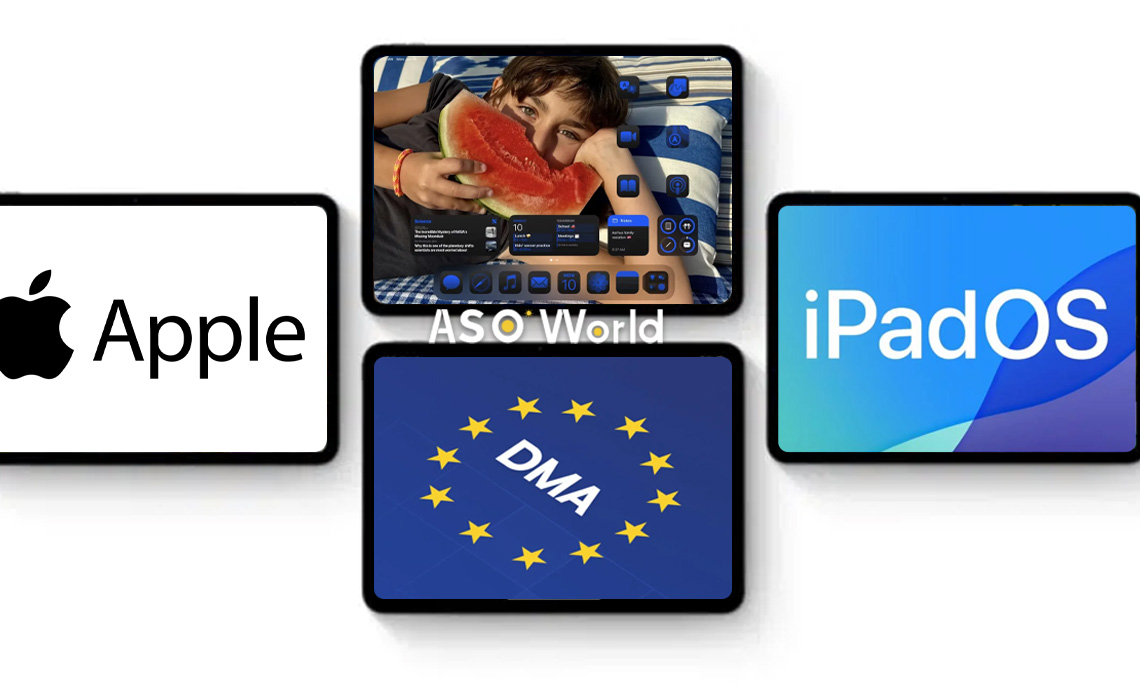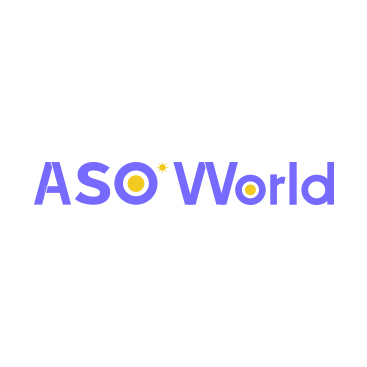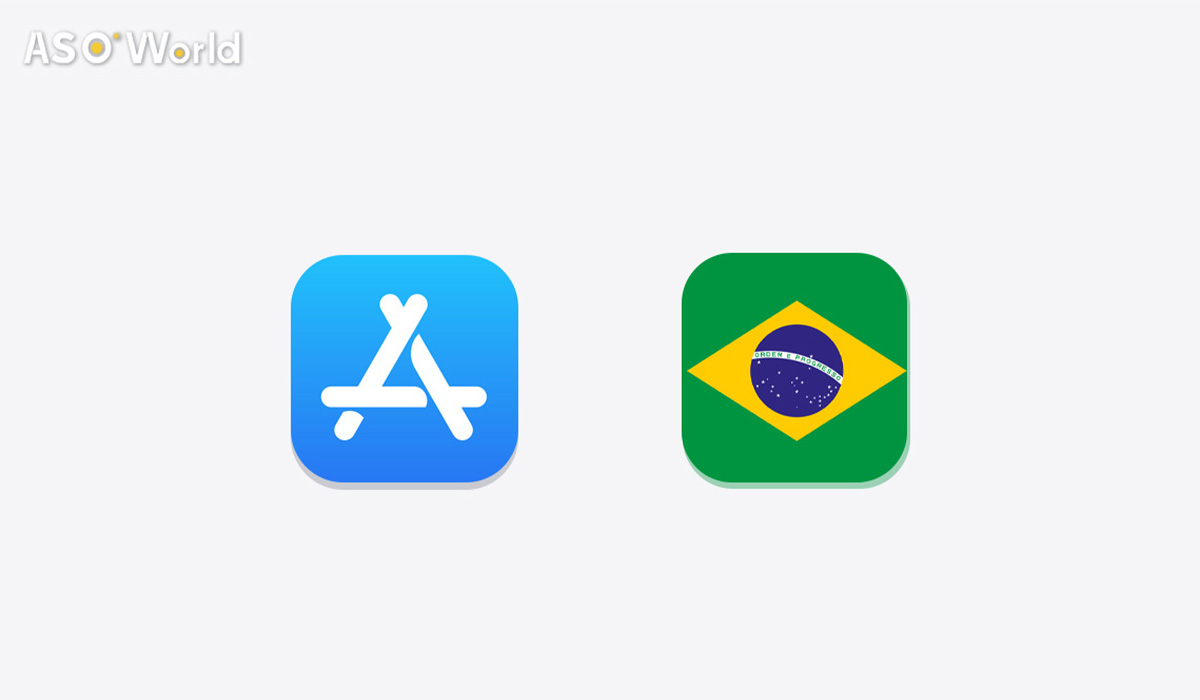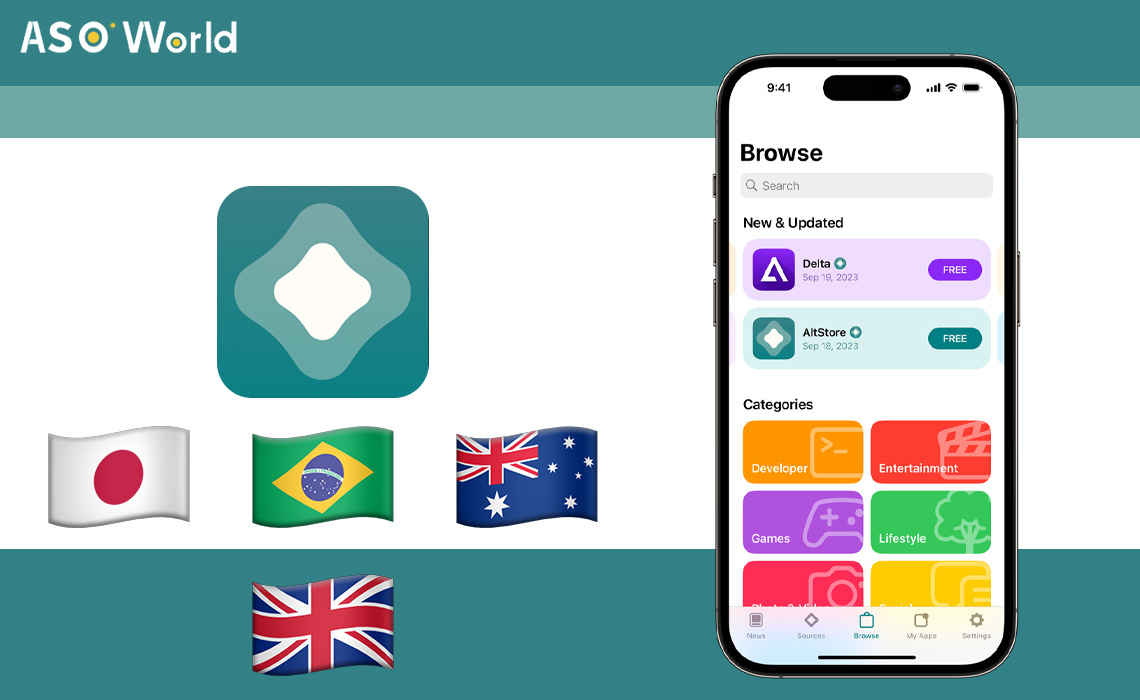Apple will allow alternative app stores on iPads in the European Union beginning September 16, 2024. This change coincides with the release of iPadOS 18 and aims to comply with the European Union’s Digital Markets Act (DMA), a regulatory measure designed to foster competition and curb monopolistic practices among tech giants.
Key Changes in iPadOS 18
Alternative App Stores
With the release of iPadOS 18, users in the EU will be able to install apps through alternative app stores. This marks a significant shift from Apple’s long-standing exclusivity of the App Store, opening up the iPad ecosystem to more competition and choice.
Browser Engine Flexibility
The update will also allow developers of web browsers to release their own browser engines on iPads. Previously, browsers like Chrome and Firefox on iOS and iPadOS were required to use Apple’s WebKit engine, limiting differentiation and innovation.
Compliance with the Digital Markets Act
Targeting Gatekeepers
The DMA targets "gatekeepers" - large tech firms that control core platform services. Apple, identified as one of these gatekeepers, was instructed to open its operating systems to third-party services. Although iPadOS did not initially meet the user number threshold for full DMA compliance, the EU Commission included it due to its significant influence among business users.
Pro-Competition Standards
Apple was given six months to align iPadOS with the DMA’s pro-competition standards. The new iPadOS 18 update is a direct response to these requirements, aiming to reduce the platform’s "locked-in" nature and its impacts on enterprise users.
👉 Related reading >>> What's the Impact on Apple's App Store Changes in the EU? Analysis and Trendings
Security Measures and Developer Fees
Notarization of Apps
To ensure security, Apple has implemented measures such as requiring notarization of apps before they can be released on alternative stores. This step is intended to maintain a secure ecosystem even as it opens up to third-party app stores.
Core Technology Fee
Apple has introduced a "Core Technology Fee" for developers exceeding certain revenue thresholds. This fee has been controversial but remains a requirement for accessing Apple’s ecosystem, even outside of its App Store.
Future Implications
Diverse Browser Offerings
No company has yet released a browser for iPads that bypasses Apple’s WebKit engine. However, with the upcoming changes, the potential for more diverse browser offerings is on the horizon, promising more innovation and choice for users.
Third-Party App Stores
The introduction of alternative app stores on iPads mirrors recent changes made to iOS in compliance with the DMA. Five third-party app stores are now available for iPhone users in the EU, including AltStore PAL and Epic Games’ store, which offers popular games like Fortnite and Rocket League. Similar offerings for iPads are expected to follow shortly.
Editor’s Comments
Apple's decision to open iPadOS to alternative app stores is a landmark change that could significantly alter the app ecosystem on iPads. By complying with the DMA, Apple is not only fostering competition but also offering users more choices and flexibility.
However, the introduction of the Core Technology Fee and the requirement for app notarization show that Apple is keen to maintain control over its ecosystem. The impact of these changes will be closely watched as they roll out.




